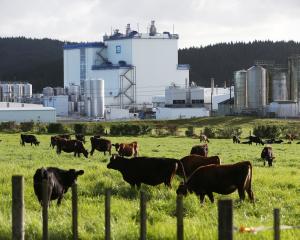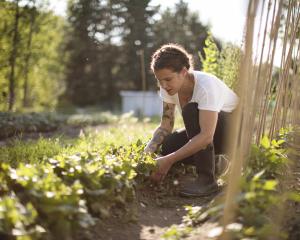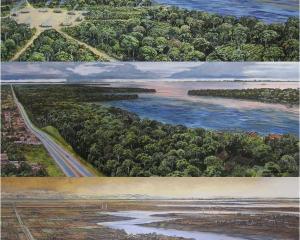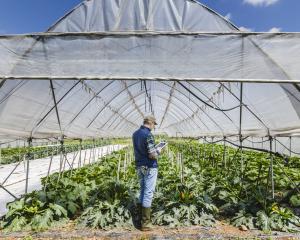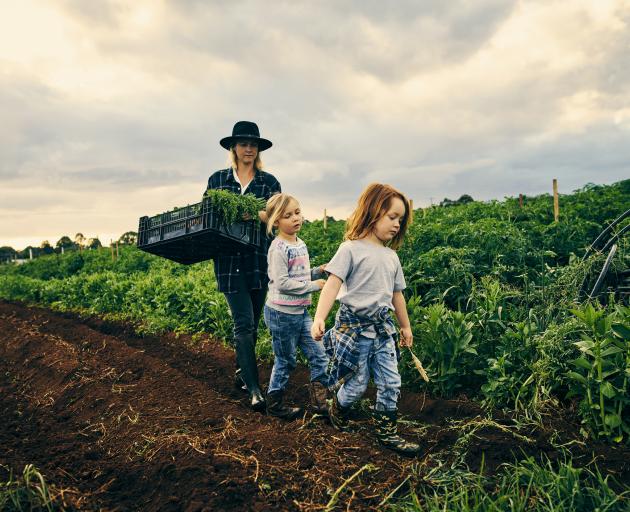

The UN Food Systems Summit did not receive the same level of coverage, but is linked to the climate change challenge and is arguably equally important.
The UN described its Food Systems Summit, an 18-month process that finished on September 23 as a "peoples’ summit," designed to bring together food producers, indigenous communities, youth activists, researchers, and business leaders to identify strategies to transform the global food system in support of the UN Sustainable Development Goals (SDGs).
Yet hundreds of civil society organisations chose to boycott the summit, claiming that it lacked transparency and accountability and gave preference to corporate solutions to food production and distribution. They felt there was very little interest in making meaningful change to the way food systems operate and rather the process resulted in a meeting that consolidated power in the food system and failed to address issues of food sovereignty and the right to food.
All very similar to concerns raised with Cop26.
The SDGs were launched in 2015 and set targets across 17 different areas that were to be reached by 2030. The elimination of hunger by 2030 is one of those goals.
While we made substantial gains in reducing the number of people experiencing hunger from 12.6% of the global population in 2005 to 8.6% in 2014, since then there has been very little progress. Those experiencing hunger actually increased to 8.9% in 2019 (an increase of about 50 million people), even before the Covid-19 pandemic. The UN Food Systems Summit was established in response to the fact that indicators of a healthy and sustainable food system were moving in the wrong direction.
Techno-optimist approaches, dubbed "sustainable intensification" dominated the process leading up to the meeting and are reflected in the solutions for achieving zero hunger by 2030.
It is expected that greater productivity, based on better application of science and technology and greater capital investments will generate even greater efficiencies to drive a rapid expansion in food supply, while minimising environmental impacts. But this is all based on the faulty assumption that our ability to produce food is the problem. The reality is not food production, but rather access to food and the UN Food Summit equates to the wrong solutions for the wrong problems.
The UN Special Rapporteur on the right to food, Michael Fakhri, highlighted how human rights, equity and accountability were not on the agenda. As a result, the impacts of Covid-19 on global food systems are ignored and as Fakhri stated, we continue to turn a blind eye to the structural causes of failed food systems, ignore the corporate concentration of power and dilute the right for others to participate in decision-making about the food system they want.

Based on UN reports, it is estimated that small and medium sized farms provide food to roughly two thirds of global population and produce somewhere between 51-77% of all food and nutrients, with higher productivity levels across diverse landscapes.
The UN Food Summit provides an interesting starting point to reflect on Aotearoa New Zealand’s food system. We know that hunger and food bank dependency is on the rise. We know that our food system is having negative impacts on our environment and is our most significant contribution to climate change. We know it is highly productive and generates wealth, but not evenly.
But we don’t have a good comprehensive picture of our food system that we can use to inform decisions about the future food system we want.
The recent Radio New Zealand series "Who’s eating NZ?" provides some info and is an interesting conversation starter in terms of where our food ends up, but we really don’t have a good idea of where our food comes from, how reliant we are on food imports or to what extent our food overproduction goes towards feeding ourselves.
We need a New Zealand food system assessment that covers all aspects of our food system — production, value-added, costs, retail, hunger, food charity, consumption and waste. The knowledge about our food system needs to go hand in hand with how we make decisions and govern our food system.
At the moment, food is absent as a policy focus across both central and local government. At a central government level, the closest we come is through efforts to maximize the export potential of the country’s agricultural productivity. At a local level, there have been spurts of action and inaction in various places at developing local food policy councils to provide a food lens to broader local government decisions, but it is highly uneven.
What we need is concerted effort (and resources) to develop a national food policy, informed by participants from across the food system that can bring together issues related to food production, hunger, rights, environmental impacts, etc, to ensure that our food system delivers the outcomes we want.
As it stands, we have reports and roadmaps such as MPI’s "Fit for a Better World — Accelerating our Economic Potential" that was launched in 2020 that seeks to "boost productivity, sustainability, and jobs in the food and fibre sector, to deliver more value for all New Zealanders".
It is indicative of our approach — we constantly rave about the value that agriculture delivers to New Zealand, but rarely talk about how agriculture might deliver food for New Zealand. It is assumed that they are the same and that food magically happens.
We can and need to do better if we want to take a more active role in governing the food system so that it delivers the social and environmental outcomes that we want.
Sean Connelly is a senior lecturer at the University of Otago School of Geography. Each week in this column writers address issues of sustainability.


